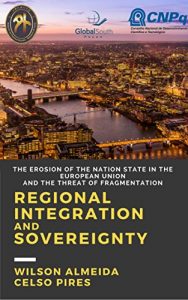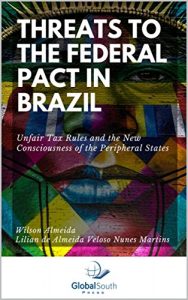The intellectual property protection on international law was always a cause for concern on the international economic relations, since its origin until nowadays. The first modern systems of intellectual property protection were originated on the 19th century. The global discussions on Intellectual Property Rights focus on a dichotomy of International Law. It is about the CBD (Convention on Biological Diversity) and the TRIPS agreement (Trade Related Aspects of Intellectual Property Rights) that are opposites. It is observed that there a dispute of interests among the ones who support unrestrained possibility of property registration of biodiversity originated goods (TRIPS) and others who argue if this agreement is fair to the biodiversity holder countries who are exploited by transnational companies who appropriate the financial results from discoveries of generations of traditional populations (CBD). Given this premise, the legal instruments will be analyzed, on the international sphere and on the Brazilian legal system that seek to ensure the legal protection of traditional knowledge associated to biodiversity and the relationship among those information and the intellectual property rights, without entering the relative knowledge on artistic an literary areas. Furthermore, academic legal work as intended, this must weave lines on a harmonization between the TRIPS Agreement principles and the CBD rules, in order to promote the intellectual property protection, fighting, in this way, that bio-piracy of traditional knowledge, brands and products how it has been happening on may countries in Latin America. We look to analyze the new biodiversity regulation mark – Law 13.123/2015 – that provides for the distribution of benefits on the commercialization of products originated of traditional knowledge from local and indigenous communities.
Intellectual property in a world of diffuse interests (English Edition)
Sobre
Talvez você seja redirecionado para outro site












